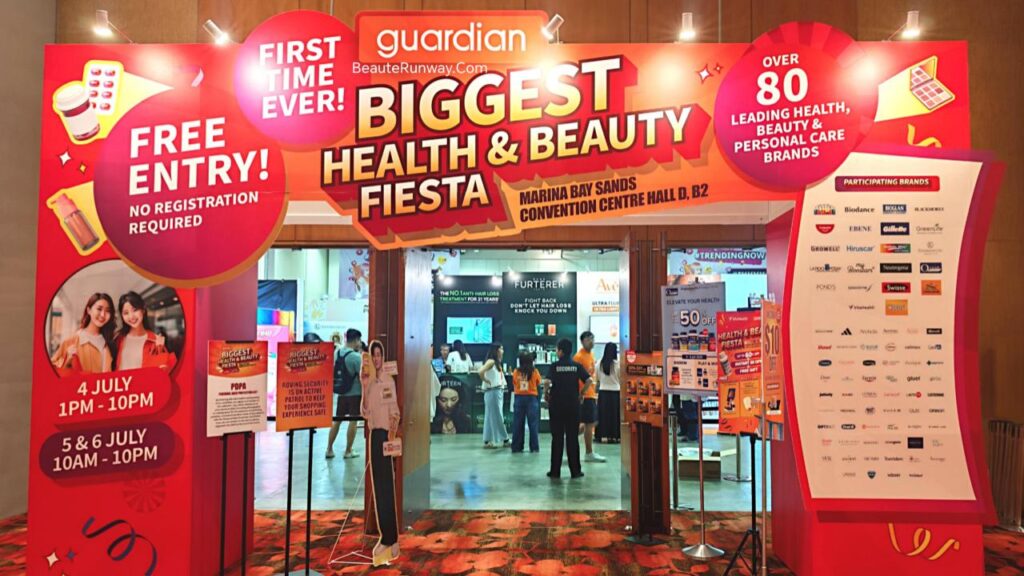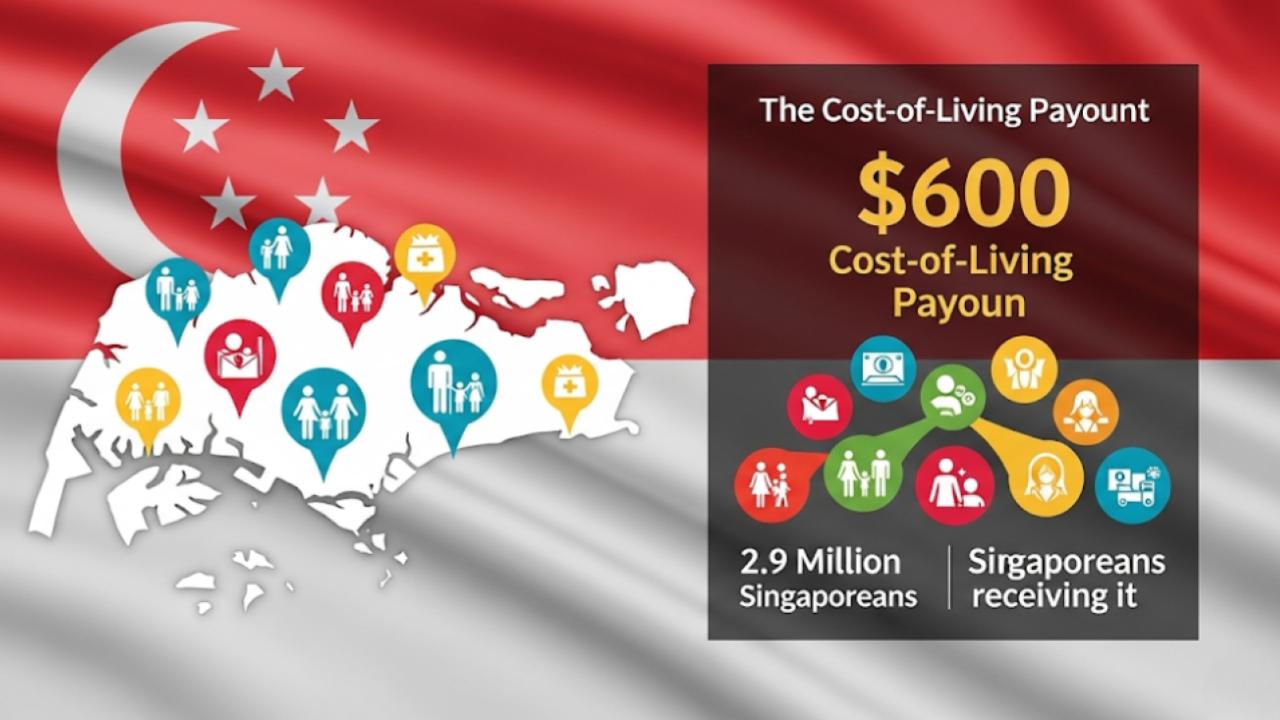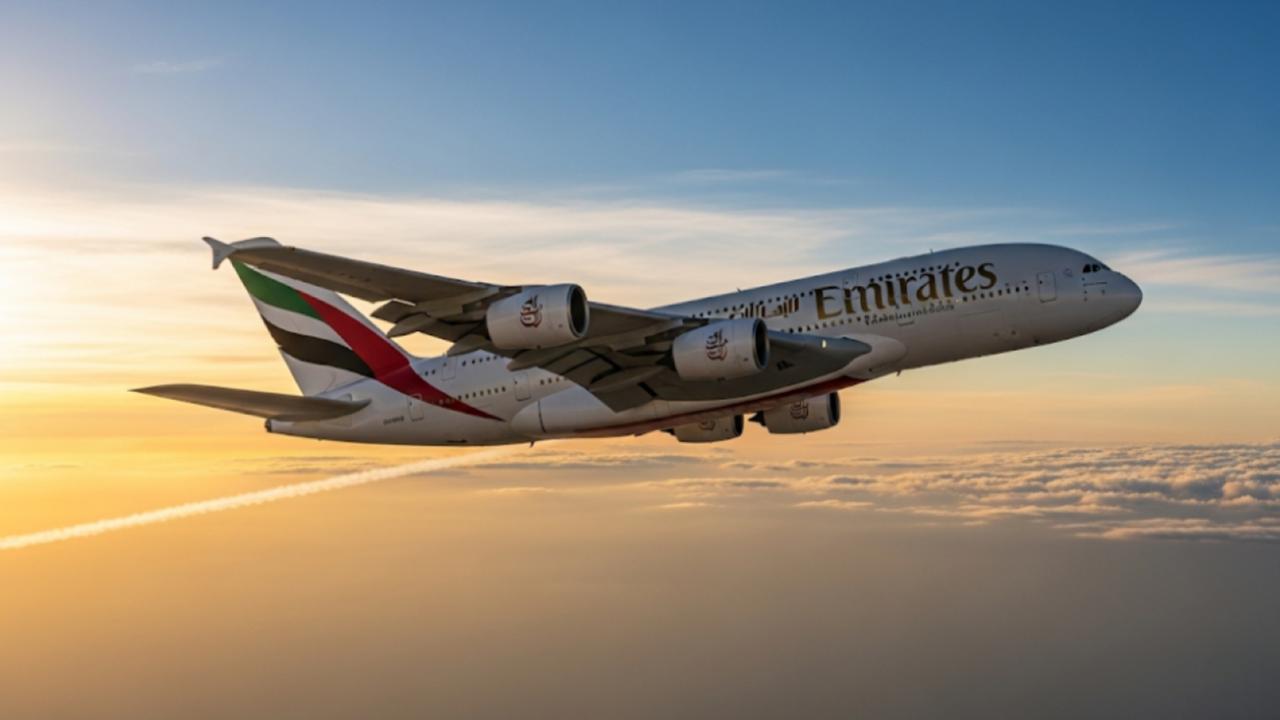In 2025, self-care in Singapore isn’t just trending—it’s thriving. From morning matcha rituals to AI-powered meditation apps, Singaporeans are embracing holistic wellness like never before. Whether it’s mental, physical, spiritual, or emotional well-being, self-care has become more than a buzzword—it’s a lifestyle shift rooted in stress relief, personalization, and smart tech.

And this isn’t just for the social media crowd or weekend yoga warriors. Professionals, parents, and even seniors are investing in themselves—one wellness step at a time.
Self-Care in Singapore Hits Record High in 2025
| Topic | Data / Insight |
|---|---|
| Market Growth | Beauty & personal care market in Singapore projected to reach USD 2.52B by 2030 |
| Global Wellness Trend | Global wellness economy to reach USD 9 trillion by 2028 |
| Digital Self-Care | Surge in wearables, AI, and personalization in wellness routines |
| Urban Stress Impact | Rising demand for meditation, mental health tools, retreats |
| Cultural Shift | Consumers moving toward natural, sustainable, personalized products |
Singapore’s self-care revolution in 2025 is no passing trend—it’s a full-blown societal shift. With mental health awareness rising, wellness tech booming, and stress pushing folks to find balance, the country is setting a gold standard for modern self-care.
Whether you’re a high-flying exec or a teenager figuring out mindfulness, there’s a place for you in this movement. Start small, stay consistent, and remember—you can’t be your best for others if you’re not at your best for yourself.
Why Self-Care Is Blowing Up in Singapore (And Why It Matters)
Let’s get real. Singapore’s fast-paced, high-achieving culture has always had a “go-go-go” mentality. But after years of stress, burnout, and back-to-back hustle, the country’s finally hitting the pause button—and turning inward.
Here’s the big picture:
- Urban life = major pressure cooker (think long hours, digital overload, and ultra-competitive work culture).
- The younger generation is all about balance, not burnout.
- Tech meets wellness—apps, wearables, and telehealth are making self-care easier than ever.
People aren’t just splurging on spa days—they’re building routines that last.
The 5 Forces Fueling Singapore’s Self-Care Boom
1. Market Expansion Meets Personalization
Singapore’s health and beauty industry isn’t just booming—it’s leveling up. According to StrategyH, the country’s beauty and personal care market is expected to hit USD 2.52 billion by 2030, with a CAGR of 6.2%.
What’s hot?
- Clean beauty products
- Multifunctional skincare (like SPF-serums)
- Customized self-care kits based on lifestyle and skin type
Even high-end retail giants like Sephora and Guardian are offering AI-driven consultations to help customers build the perfect care routine.
2. Tech Takes the Lead
Singaporeans are tech-savvy, and wellness brands are cashing in. From smart watches that track your mood and sleep to AI chatbots that guide meditation, self-care has gone digital.
Real-life Example:
- Oura Ring for stress & sleep monitoring
- MindFi app, developed in Singapore, offers on-the-go mindfulness programs for professionals
Whether it’s teletherapy or smart water bottles, technology is making wellness more personal and accessible than ever.
3. Mental Health is Finally on the Radar
The stigma is fading. More Singaporeans are openly talking about anxiety, burnout, and depression. According to the Ministry of Health, mental health consultations have surged post-COVID—particularly among working adults.
What’s changing?
- Increase in mental wellness retreats and silent meditation programs (like Vipassana)
- Growth in digital mental health platforms offering peer-based support and therapy
- Schools and workplaces promoting mental health literacy
4. Cultural Shift to Whole-Body Wellness
Forget one-size-fits-all. The new era of self-care includes:
- Physical (like face yoga, supplements)
- Emotional (journaling, peer circles)
- Spiritual (meditation, sound baths)
- Environmental (natural, sustainable brands)
Singapore’s wellness scene now blends Eastern healing with Western science—think TCM (Traditional Chinese Medicine) infused facials and Ayurvedic aromatherapy.
5. Stress, Hustle & the “Time to Heal” Mindset
We’re living in an age of performance fatigue. Long hours, side hustles, and screen time have maxed out the average Singaporean. People are realizing you can’t pour from an empty cup. That’s why “slowing down” has become the new power move—with many choosing self-care over status.
How to Build Your Own Self-Care Routine (The Singapore Way)
Let’s break this down into steps even your 10-year-old nephew (or your stressed-out coworker) can follow:
Step 1: Track Your Stress Triggers
Use a free wellness app like:
- MindFi (for locals)
- Headspace
- Calm
Keep tabs on mood, sleep, screen time, and energy levels.
Step 2: Start With One Habit
No need to buy a crystal or do goat yoga (unless you want to). Try:
- 10 minutes of guided meditation
- A 20-minute tech-free morning walk
- Swapping soda for herbal tea
Consistency > intensity.
Step 3: Mix in Mind-Body Tools
Think Singapore-style:
- Local TCM herbs for digestion or sleep
- Sound bath sessions at a boutique studio
- A deep-tissue massage at a local spa
Step 4: Protect Your Space
Self-care also means:
- Saying no to energy vampires
- Setting boundaries with work hours
- Turning your bathroom into a spa with scented oils and lo-fi music
Frequently Asked Questions (FAQs)
Is self-care just a trend in Singapore?
Not anymore. It’s a cultural shift fueled by real needs—mental health, stress relief, and sustainable living.
Is self-care expensive?
It can be, but it doesn’t have to be. You can DIY self-care on a budget:
- Free YouTube yoga
- Journaling apps
- Local nature walks
What’s the most popular self-care product in Singapore in 2025?
Personalized skincare serums and AI-guided wellness tools (like sleep monitors and hormone tracking wearables).
Can professionals really make time for this?
Absolutely. Many Singaporean execs and working parents are now blocking “self-care hours” into their calendars, just like meetings.









